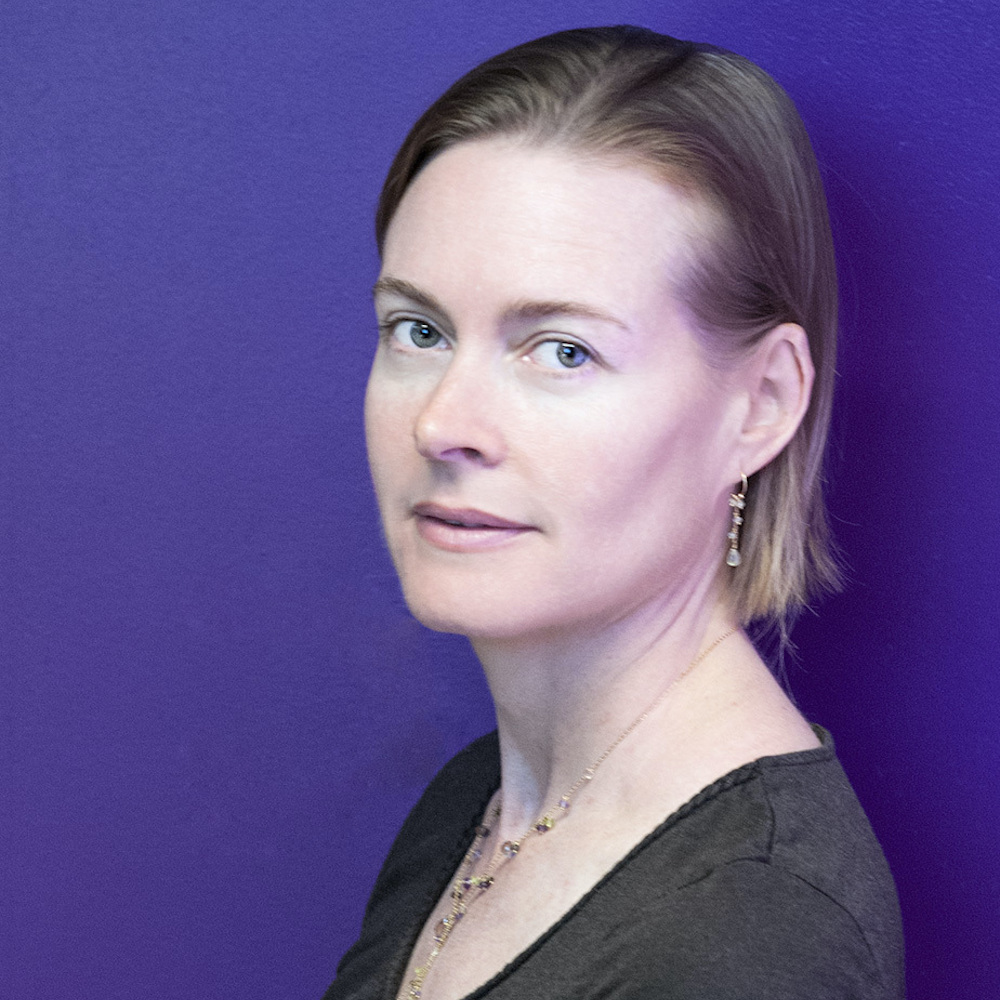Astrid Lindgren is perhaps best known for Pippi Longstocking, her children’s classic, but she created many other fine characters, too, including “The Brothers Lionheart.” One of the feature characters in that adventure is a dragon named Katla, whom Lindgren named after a certain Icelandic volcano. As dragons (and volcanos) do, Katla belches fire, terrorizing an entire valley of fictional Nangijala, much like Katla’s sister, Eyjafuallajokull, who terrorized travelers by disrupting air traffic across Europe this past week, making a mess of many plans, including those of many to attend the London Book Fair. Perhaps Lindgren should have named her dragon after Eyjafjallajokull (Icelandic for island-mountain glacier) instead.
Due to this fire-belching dragon, the international rights center—usually the “buzziest” place at any book fair—was a relative ghost town, with one estimate putting 50% of the 500+ tables vacant; those who were in attendance at the IRC had dozens of canceled appointments and bored, downcast agents wandered about chatting with colleagues and competitors. A quick scan of the floor showed the absence of almost all the Americans and the Spanish, though the volcano was nondiscriminatory, stranding Africans, Asians, continental Europeans, and even some British editors (who had been in Beirut for the launch of Beirut39 and couldn’t get home).
The Literary Translators Center, on the other hand, was hopping. A large room decorated with photos of prize-winning translators, it filled up around 10AM each morning for the first seminar of the day and stayed that way; certainly the sandwiches at lunch and the drinks at happy hour helped to ensure the room stayed busy even when no one was presenting. Only two of the fifteen seminars were cancelled, and though some substitutions were made to speaker lineups, the presentations were no less interesting for the changes. One highlight was the “Diversity Report,” a fresh look at statistics of publishing translations in Europe, which illustrated the fact that English works as both a bottleneck and as a driving force in the translation market and posited that the European funding policies for translations lack both the information and the tools to assess their programs’ efficacy. The report is online at www.Wischenbart.com/translation.
Another highlight was South African author Andre Brink, one of the few members of the South African delegation that managed to make it to the fair. His conversation with Maureen Freely, translator from the Turkish (of Orhan Pamuk, among others), touched on the history of Afrikaans, from its birth as a creole type of language spoken by the serving classes attempting to speak Dutch through its evolution and lingered on the politics of language. The most delightful moment of their conversation, perhaps, was his story of a Scandinavian visitor to South Africa using the expression “That’s just the tip of the iceberg” in a dialogue with some local farmers, whose faces remained blank until an interpreter translated the phrase to mean “That’s just the ears of the hippopotamus.”
Another panel discussed “The Challenges of Poetry in Translation,” which one member described as “an act of metaphor, not mimesis.” Poetry was recited in Zapotec, Spanish, Portuguese. It’s impossible to relay here the richness of dialogue and the sheer quantity of exchanges that took place at the Literary Translators Centre last week. This report, to quote Mr. Brink, is just the ears of the hippopotamus.











